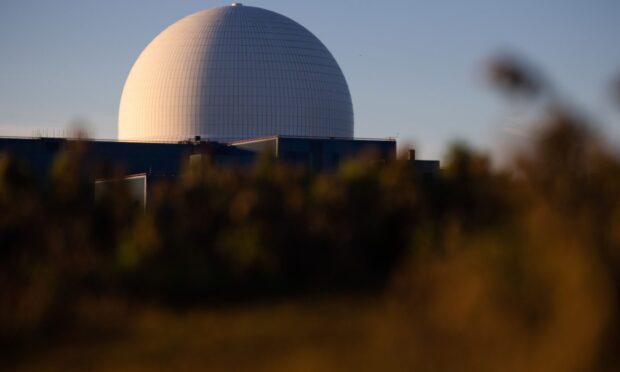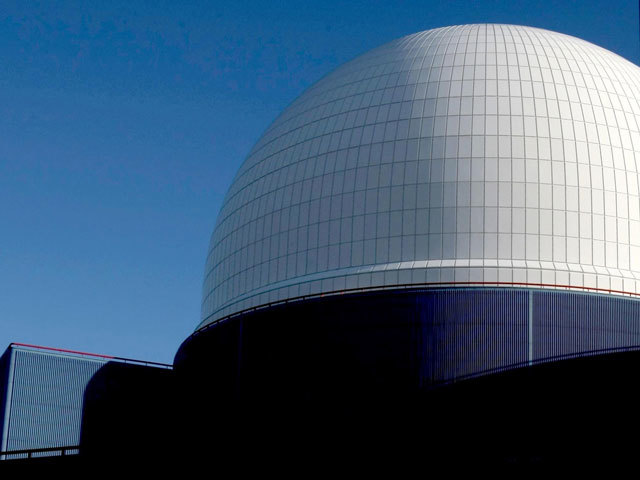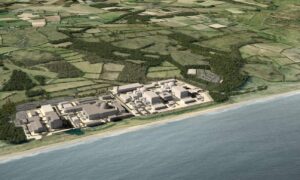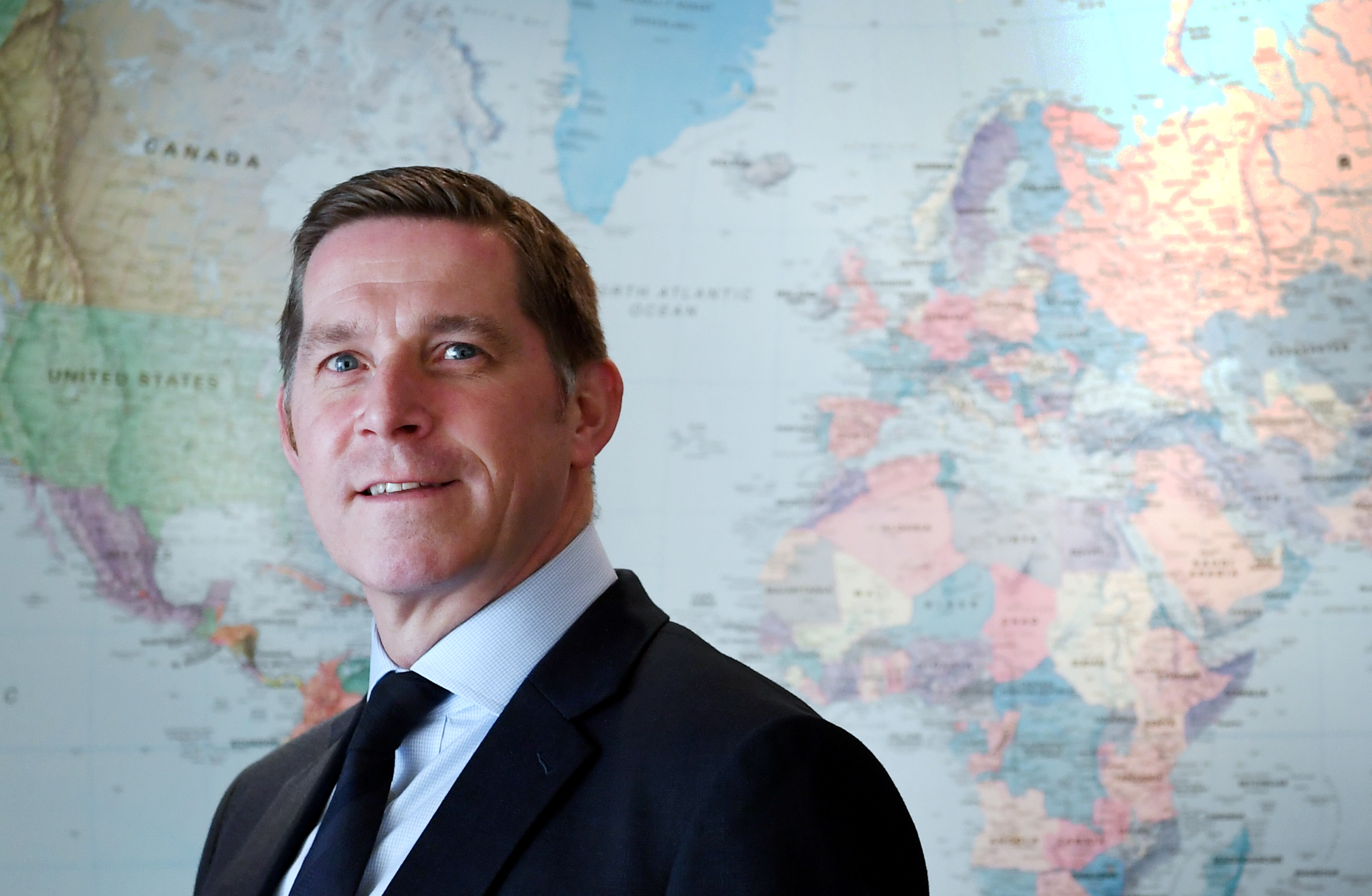East Suffolk MP warned “billions worthlessly invested” in Sizewell C
Campaigners have written to Member of Parliament for Suffolk Coastal, Jenny Riddell-Carpenter, about the billions spent on nuclear project Sizewell C, after costs were speculated to end up spiralling to £40 billion.
























